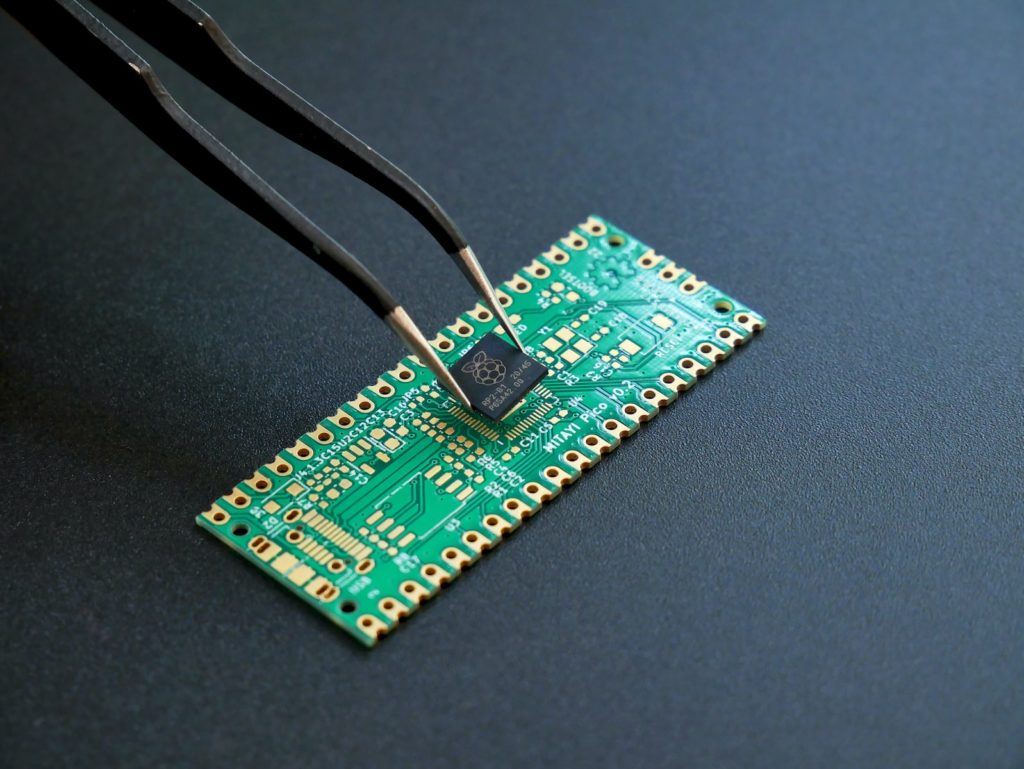Most of the time, it’s doom and gloom in the camera industry as far as the traditional makers are concerned.

Sure, smartphones are booming and there seems to be more than enough room for everyone in that market. Traditional cameras, however, have not fared as well in the light of the onslaught of the aforementioned smartphone phenomenon and their not-too-shabby ancillary camera features.
But the tide might be turning (or, at least, some might hope it is) as Canon just announced the first major chip factory in Japan in 21 years. Costing some $USD 345 million, PetaPixel reports, it’s a massive investment by the company in a lithography components plant.
Lithography, for those that might not know, is part of the production chain that brings semiconductors to the world. As we’ve reported here, there is more than enough demand for these components and all too little supply out there making this move on Canon’s part timely and not too surprising.
Canon is also employing a new manufacturing technique that takes time per chip and uses 90% less power, Nikkei Asia reports. The report states that Canon has about 30% of this market and, with demand expected to outstrip supply for some time, the company is in a good position to hang on to or grow that margin.
And, while it doesn’t speak to cameras directly, there is a sort of rising tide floats all ships optimism about this news. In other words, people like to see that Canon remains on the cutting edge of the industries in which it plays and that can only mean good things for the future of their consumer camera products.
Let us know what you think the future holds for the camera industry in the comments below.
We have some other news you might like to review in our photography news section.




